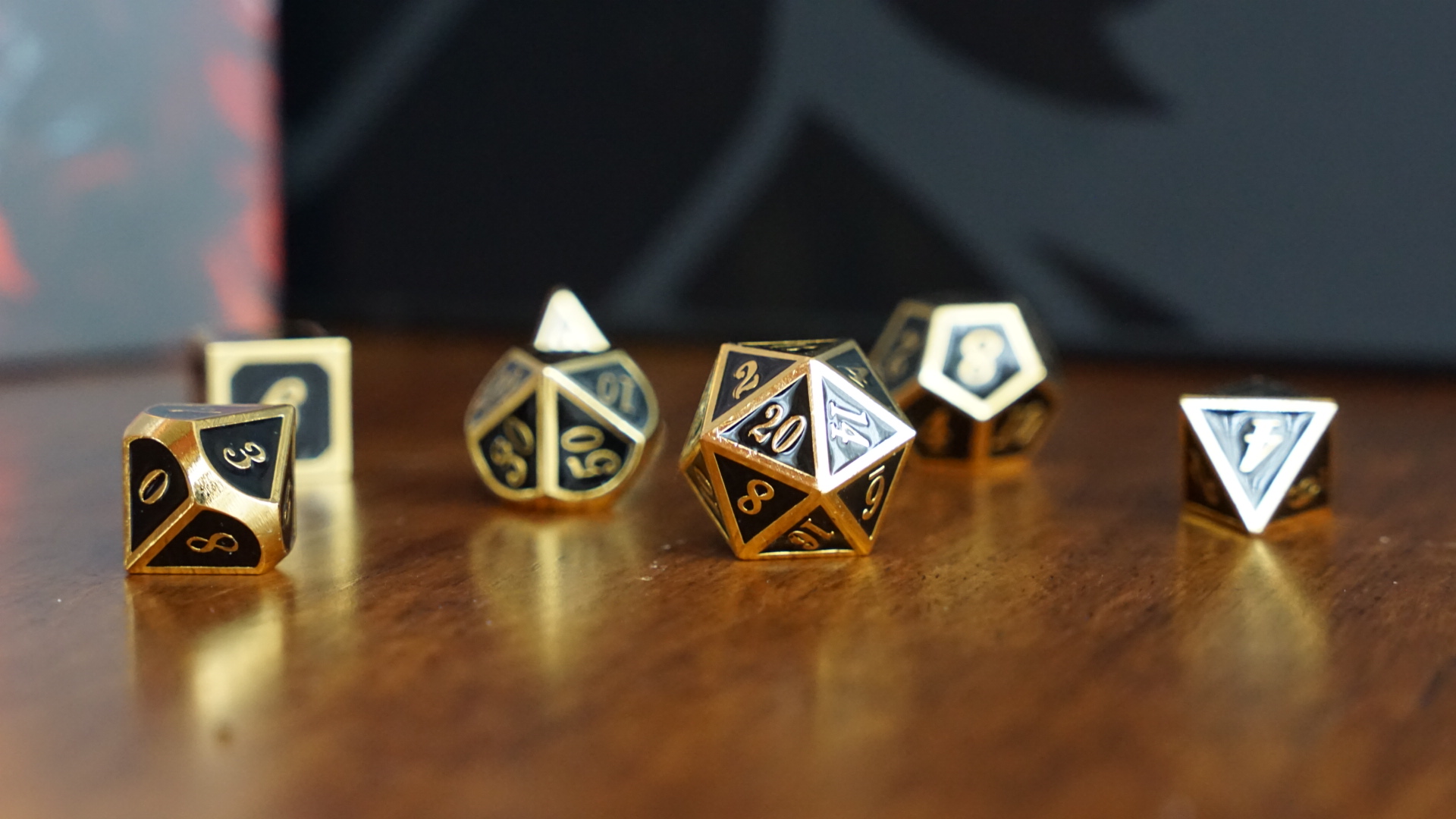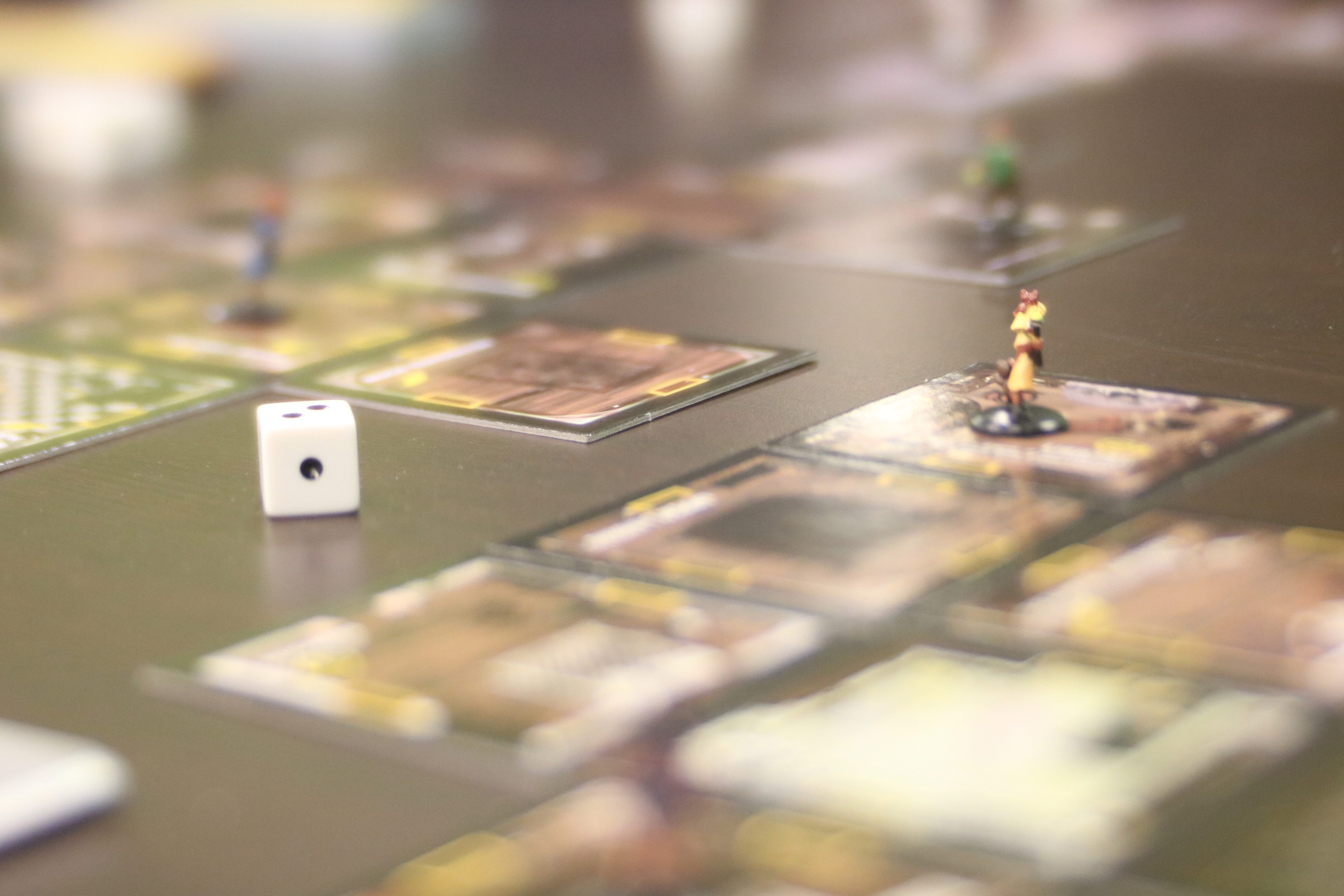If you’ve played any kind of role-playing game, whether it be a tabletop RPG such as Dungeons & Dragons or a video game such as Fallout: New Vegas, you’ve probably come across many tropes of the genre—role-playing being chief among them. The most important element of an RPG, in my opinion, is your success at playing your character’s role; how well you can put yourself in their shoes, immerse yourself in the game’s universe and feel like you really are your character.
When many people think of role-playing, they likely think of their character’s mannerisms: how do they think, speak and relate to the world around them? But just as important as their mannerisms, I think, are your character’s mechanics. How hard do they hit their enemies? What spells do they use, if they use them at all? How agile are they? These are all essential elements of a character that cannot be dismissed as simple numbers on a character sheet or tick marks on a skill tree.
That brings us to a topic of fervent debate in the RPG world: min-maxing. According to Urban Dictionary—an unimpeachable source of knowledge—min-maxing “refers to the act of designing a character in such a way that one minimizes its weaknesses and maximizes its strengths.” This description, taken to its extremes, can obviously get pretty ridiculous. Many have voiced their frustration at this strategy, such as an article from the D&D site Dungeon Solvers that teaches you “How to Play D&D…with a Min-Maxer,” or one YouTube video I found with the simple title, “Min-Maxing Sucks!” One Reddit user by the name of u/DantesInporno even lamented about their addiction to min-maxing, posting “Min-Maxing is ruining every game I play,” saying it “prevents me from enjoying the game a lot of the time.”
So is min-maxing just a tool for power-gamers to make their characters overpowered, ruining the game for themselves and everyone else? Not necessarily. Even though it can be a difficult balancing act to pull off, I think min-maxing can actually enhance the gaming experience for everyone involved. Min-maxing, contrary to popular opinion, can make your role-playing better, not worse.
Here’s an example: let’s say you’re playing a wizard in a game such as D&D. You pump all of your ability points into Intelligence to get it as high as possible, cutting everything else to its minimum possible value. You only learn spells that do as much damage as possible, and chain your spell effects and class features to inflict ungodly amounts of pain on every enemy. Won’t that make the game worse for everyone else, if every combat encounter is finished in 20 seconds by the wizard casting Fireball four times in a round?
Now imagine that same character is a scheming, calculating master of the arcane. Imagine they learned at a young age that bullies only respond to force, and their physical strength wasn’t going to get them anywhere. Imagine that person grew up to be a cunning and cruel spellcaster who decided to end every battle with unflinching, overwhelming force—determined to never again humiliate themselves in a fight like they did so many years ago. Well, that sounds like a case of character backstory-mechanics synergy to me.
Of course, this approach can go overboard. “I think it really depends on who you’re playing with,” said Nick Townsend, managing editor for Portland State Vanguard and avid D&D player, on min-maxing. “Because [it’s] not fun if everyone in the party is doing twice as much damage as you, but also you don’t want to be the jerk cleaning up the whole fight in one round and making everyone look useless.” It’s always up to the Dungeon Master’s discretion how far min-maxing should be allowed to go, and it’s a good idea for any min-maxing player to check in with their fellow party members to see how they feel about it.
But just as we shouldn’t min-max without considering the consequences, we also shouldn’t dismiss it out of hand. It can be an extremely rewarding experience to play a powerful character. In many cases, it can help tie your character’s backstory into the mechanics of the game. Imagine a fighter who once served as a knight in the king’s royal guard, who one day lost his wife to a gang of raiders; he thenceforth devoted himself to martial study to ensure no one else would ever be taken again, as long as he was there to stop it. Wouldn’t that character be powerful? That isn’t metagaming, that’s just good character building. As long as you always min-max in service of role-playing, I think it can be a positive influence on the game. Try it out someday—you just might like it.






Hey, thanks for writing this! You helped put into words what i think about min maxing as well.